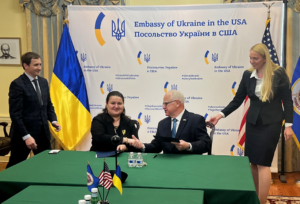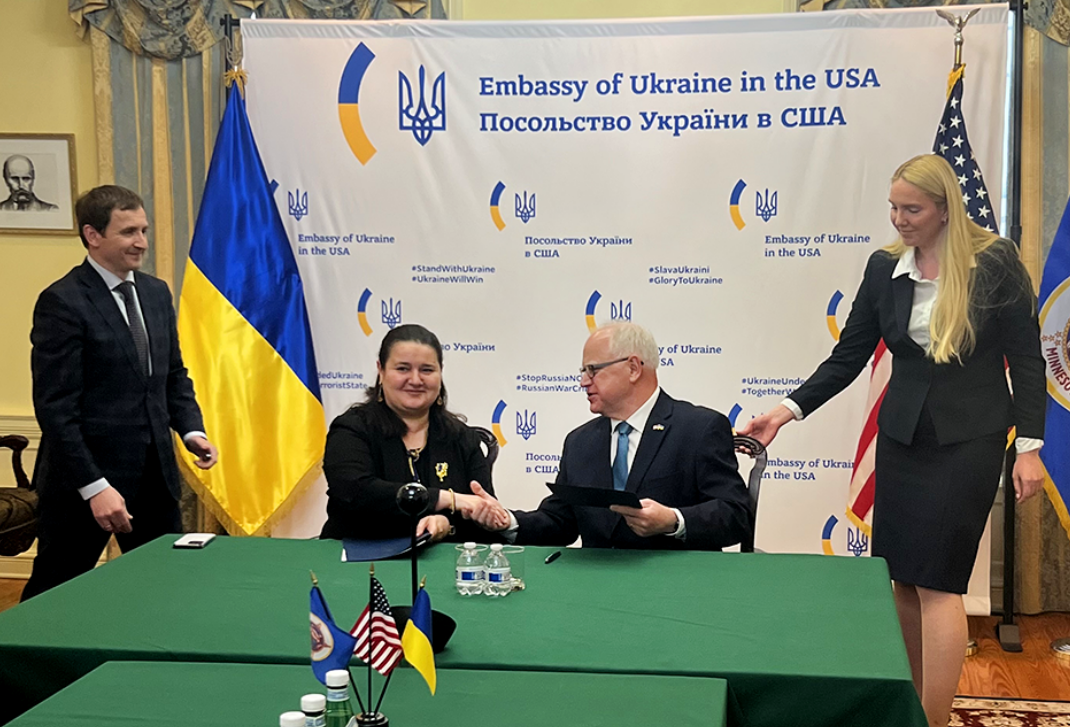Minnesota Governor Tim Walz revealed an extremely personal matter: He and his wife Gwen used in-vitro fertilization (IVF) to conceive their daughter, Hope. This revelation comes in the wake of a significant Alabama Supreme Court decision that has put IVF treatment in jeopardy. As head of the Democratic Governors Association, Walz is in Washington D.C. this week. Intends to leverage her position to advocate for reproductive health care rights during the organization’s meeting in Washington, D.C.

IVF rights in danger
The Alabama Supreme Court’s recent decision, upholding the status of frozen embryos as children under state law, has raised concerns about the future of IVF procedures. The decision stems from wrongful death cases involving the destruction of frozen embryos, which led the University of Alabama-Birmingham Hospital to discontinue IVF treatment. Democrats have increasingly used the decision to highlight Republican efforts to restrict abortion rights, while emphasizing the importance of reproductive health care access.
Advocacy and Awareness
Governor Walz emphasized the importance of governors’ roles in shaping judicial appointments and, as a result, influencing reproductive health care policies. By sharing her personal experience and advocating for IVF rights, Walz aims to raise awareness and dispel misconceptions about fertility treatments. Additionally, she also underlined the emotional significance of naming her daughter Hope, which symbolizes the optimism associated with IVF.
Aid to ukraine
Amid domestic challenges, Governor Walz remains committed to global collaboration and humanitarian efforts. This week, he met with Ukrainian Ambassador Oksana Markarova to establish an agricultural partnership between Minnesota and the Chernihiv region in Ukraine. The initiative symbolizes solidarity and support for Ukraine amid geopolitical tensions, reflecting Minnesota’s dedication to fostering international relations.
Legislative Challenges
While Governor Walz focuses on advocating for IVF rights and supporting Ukraine, Minnesota’s political landscape faces a contentious debate over immigration policies. Republican members of Congress strongly opposed the proposed measures aimed at implementing immigrant-friendly policies, citing concerns about public safety and law enforcement cooperation. The proposed North Star Act, modeled after the laws of several states, aims to protect immigrant communities while igniting partisan debate over immigration reform.
Also Read :- Senate Passes $95.3 Billion Aid Package for Ukraine, Israel and Taiwan
Age and leadership
In a separate development, Representative Dean Phillips sparked controversy by questioning the age and tenure of political leaders including Senator Amy Klobuchar and former President Donald Trump. Phillips’ comments on age and leadership tenure highlight emerging perspectives on political representation and generational diversity within government. Amid the ongoing debate, a spokesperson for Senator Klobuchar emphasized her bipartisan efforts and legislative accomplishments, reinforcing her commitment to effective governance.
Conclusion
Governor Tim Walz’s advocacy for IVF rights and diplomatic efforts to assist Ukraine underscore the multifaceted responsibilities of political leadership. By sharing personal experiences and engaging in international partnerships, Governor Walz exemplifies leadership that transcends traditional boundaries, addressing both domestic challenges and global solidarity. As Minnesota navigates complex legislative debates and electoral dynamics, the voices of its leaders echo diverse viewpoints, shaping the state’s political landscape and guiding its future trajectory.

